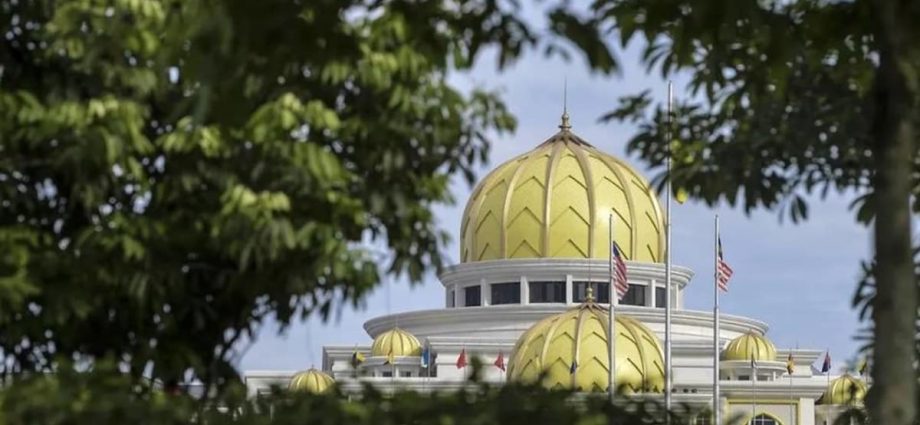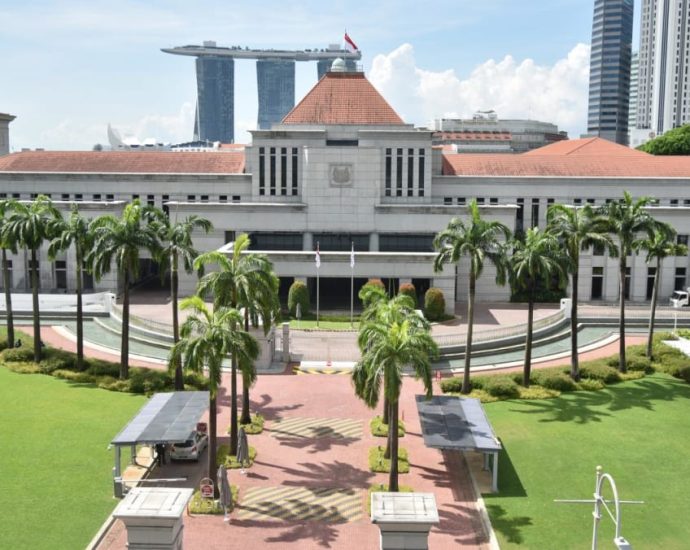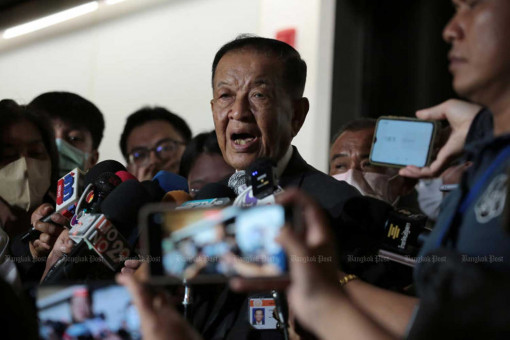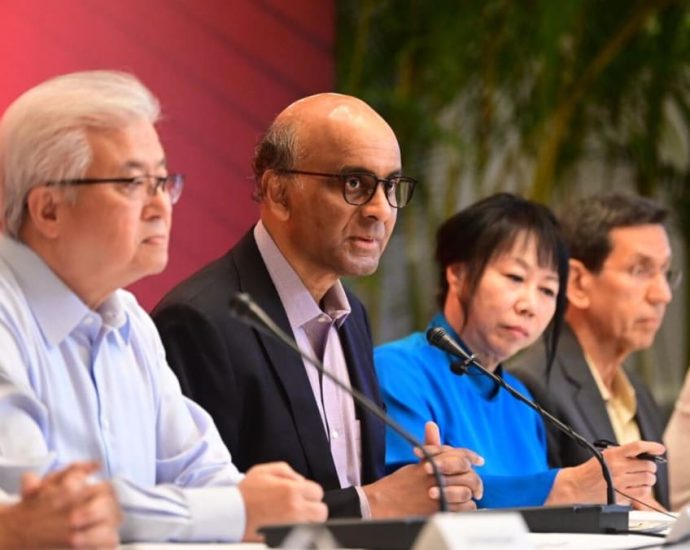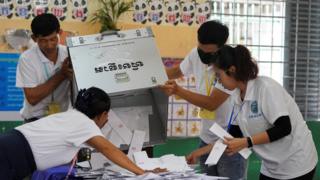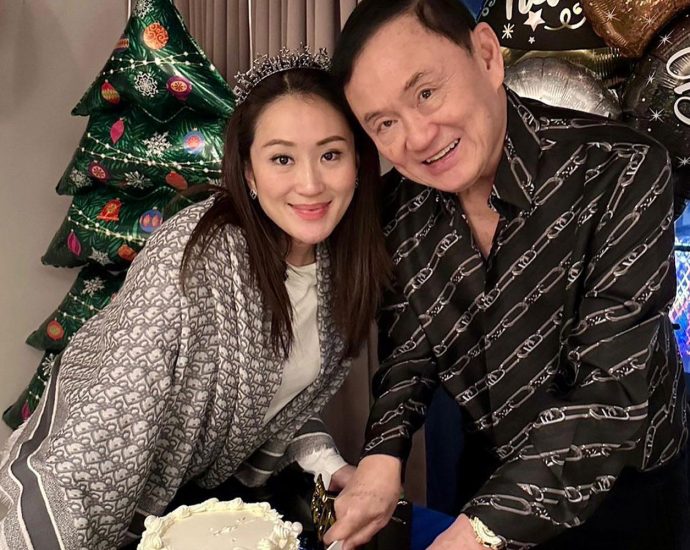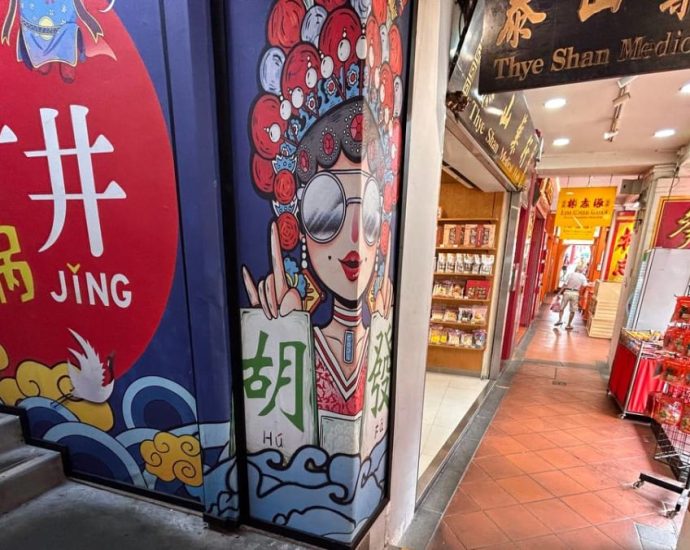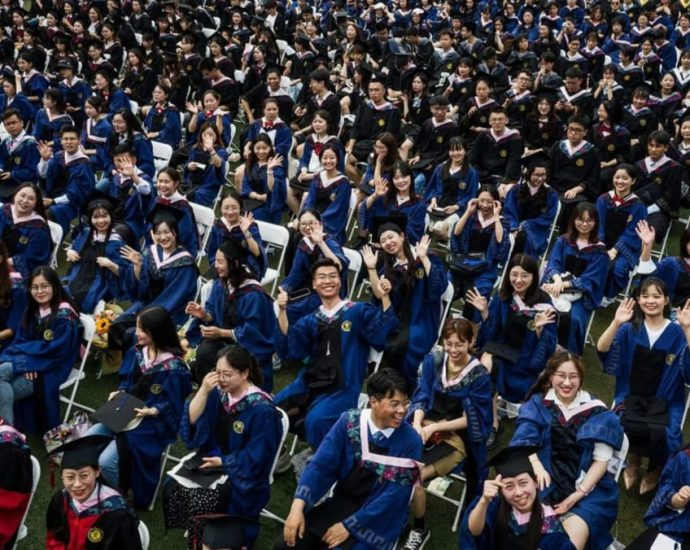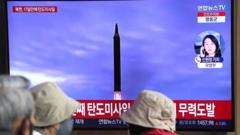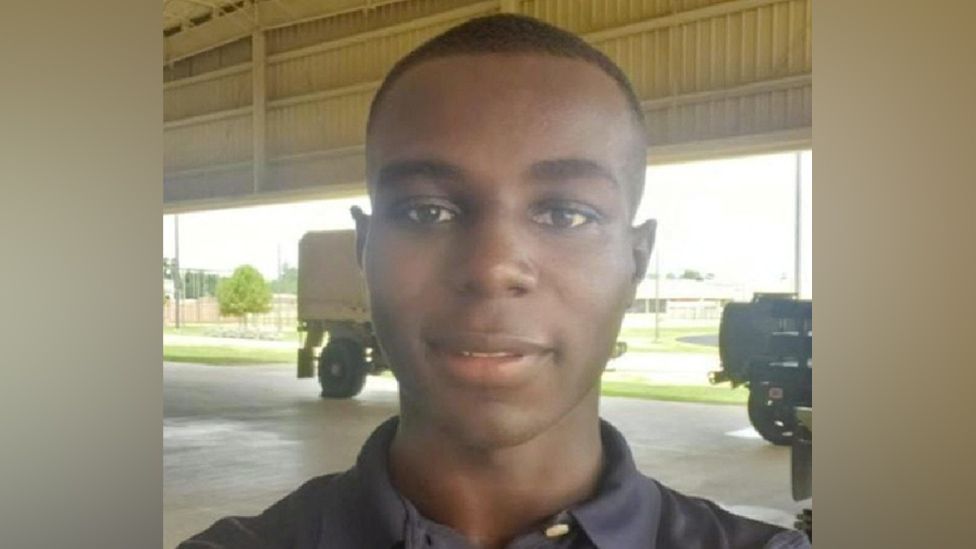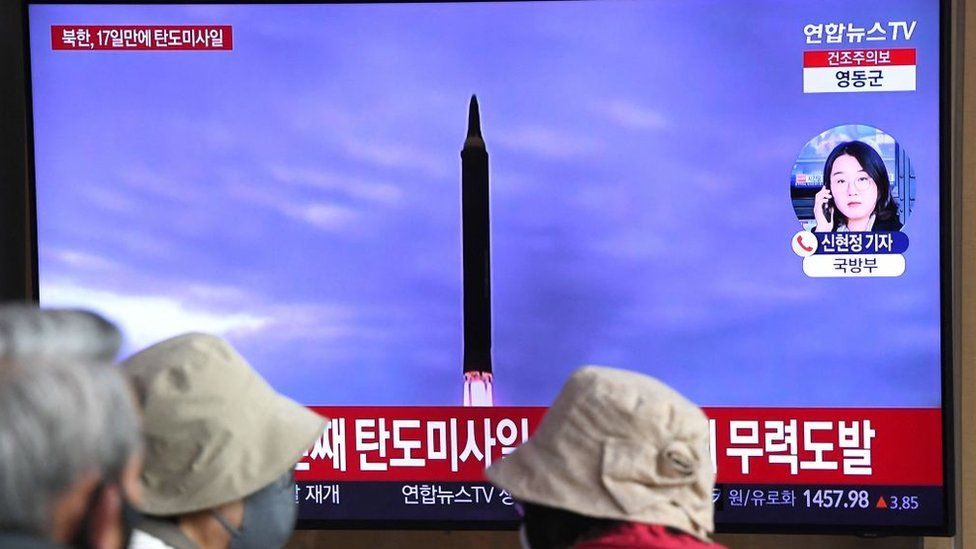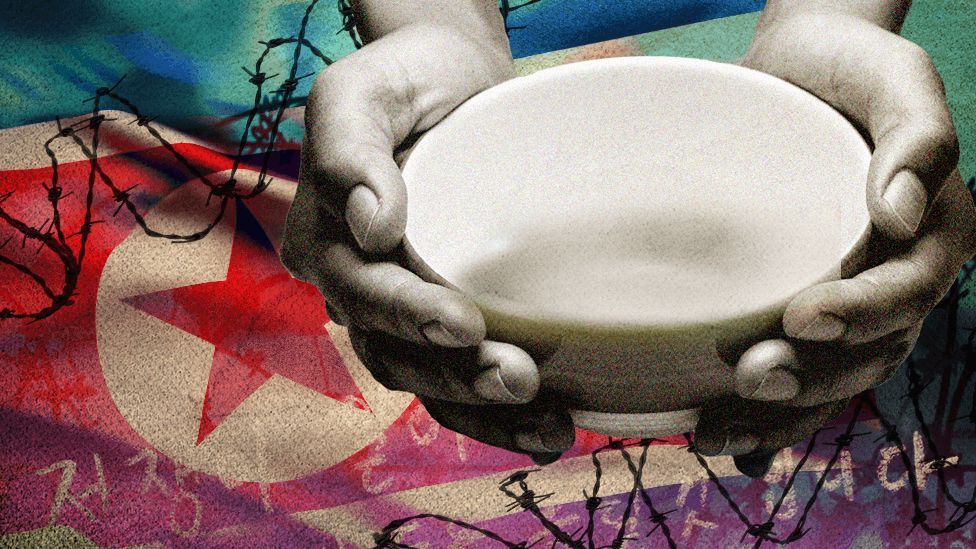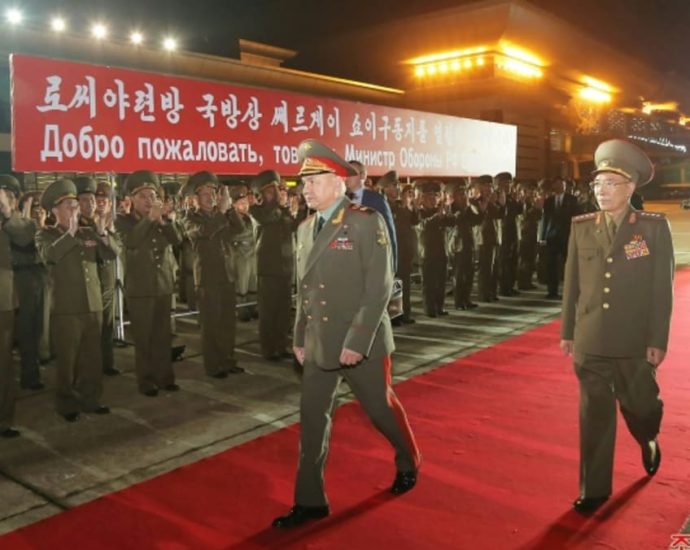Malaysia to review and limit Sedition Act to provocations against royal institution
Meanwhile, on inflammatory comments made against racial and religious issues, Ms Azalina said that other measures will be studied including the drafting of new legislation, if necessary. “(This will be done by) taking into account the views of the Institution of Rulers, as the head of the Islamic religion, andContinue Reading
Commentary: Letâs know all the facts when discussing Singapore politics
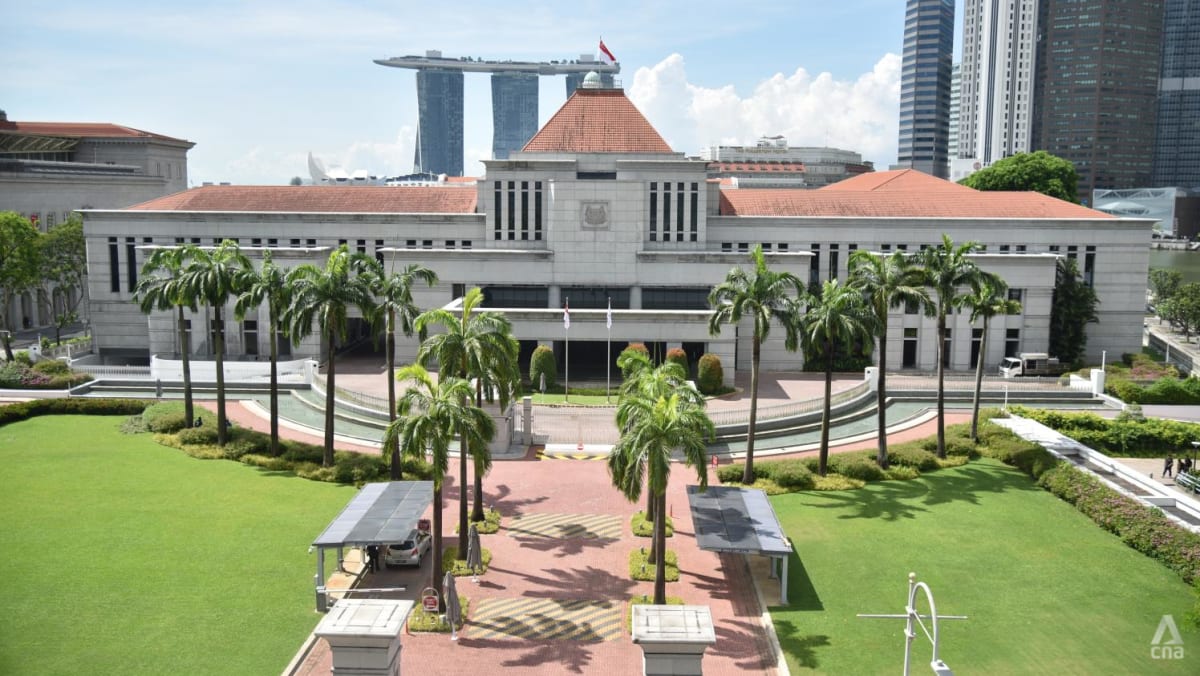
THE FIRST GENERATION
Former minister Lim Kim San lived in a 52,059 sq ft good class bungalow (GCB) in Dalvey Road. Mr Lim, who has been widely credited to be the man behind Singapore’s Housing Development Board project, built this home for himself in 1967 – when many Singaporeans lived in rented housing.
Staying in his sprawling bungalow did not stop Mr Lim from making an important and telling contribution to the country and Singaporeans. Having already been a key architect of the success of Singapore’s public housing programme, Mr Lim went on to serve commendably in the finance, interior, defence, communications, education and national development portfolios as well as chairman of the PUB and PSA, reflecting a multi-faceted and long history of contributions to Singapore.
Mr Lim was independently wealthy before he came into politics, and he only did so after then Prime Minister Lee Kuan Yew persuaded him to give up his business interests to come into government and serve the country. At no point in his political career did Mr Lee require Mr Lim to give up living in a GCB – when many Singaporeans did not even own their homes. Nor was he chided for doing so or accused of not being able to properly serve Singaporeans, or that there would be a disconnect.
Similarly, Singapore’s pioneering law and labour minister E W Barker lived in a GCB in Queen Astrid Park. That did not prevent him from serving Singapore.
Other pioneer leaders and ministers, including Dr Goh Keng Swee and Hon Sui Sen also lived in large government bungalows. Dr Goh lived in Goodwood Park, in a black and white bungalow just off Orchard Road. Government housing was part of the scheme of service in those times. Dr Goh was Mr Lee’s right hand man, in the making of modern Singapore and is credited for many of Singapore’s current institutions and policies that have greatly benefited the country.
Singapore’s 1G leaders were unimpeachable in their personal conduct. But where they lived was not an issue, as long as there was no corruption involved. And several lived in large, landed houses – some in GCBs and some in black and white bungalows.
From the start, Mr Lee brought in people to serve if he thought they could do the job – regardless of their background, regardless of whether they were rich or poor. There were unionists, who were not wealthy, but who contributed greatly to nation building, by coming into politics. As was said in parliament during this debate, what matters is not how wealthy or poor a person is. It is the heart and the willingness to serve, and competence that should matter.
I am not seeking to compare the 1G leaders with current leaders. Every generation is different. But Mr Han made a comparison on how the leaders lived to which I have a different point of view.
Pita advised to shelve House petition on rejected renomination
PUBLISHED : 26 Jul 2023 at 15:23

The parliament president has advised the Move Forward Party to shelve its request for the parliament to review last week’s rejection of the renomination of its leader Pita Limjaroenrat for prime minister, pending a court ruling.
House Speaker Wan Muhamad Noor Matha, who is ex-officio parliament president, said on Wednesday the MFP should wait for the Constitutional Court’s ruling on the Ombudsman’s petition for a ruling on the joint sitting’s resolution, pushed through with the backing of appointed senators.
The Constitutional Court’s ruling would have an effect on the parliament and all concerned, he said.
Mr Wan also said that his decision to postpone indefinitely the parliament’s next vote to select a prime minister, which had been scheduled for Thursday, was free of any political motive.
He made the decision because the Constitutional Court had still to consider the petition from the Office of the Ombudsman, which also asked for a postponement of the vote.
If the court does not accept the matter for consideration, Mr Wan said, he could set a date for the next parliamentary vote right away.
Mr Pita failed to win a majority vote from both the House and the Senate to become prime minister on July 13.
He was renominated to a joint sitting on July 19 but the joint sitting rejected it on procedural grounds. Opponents argued it was in violation of parliamentary regulation 41, which prohibits the resubmission of a failed motion during the same parliamentary session.
Mr Pita’s supporters and many academics disagreed with the parliament’s resolution on July 19, arguing that regulation 41 applies to general business, not the prime ministerial nomination, and asked the Constitutional Court through the Ombudsman to rule on the legality of Mr Pita’s renomination.
Tharman formally launches bid to be Singapore’s ‘President for a new era’
SINGAPORE: Singapore’s former senior minister Tharman Shanmugaratnam on Wednesday (Jul 26) said he intended to be “a President for a new era” as he officially launched his campaign for the office. “I stepped into this race because I feel very strongly in the need to evolve Singapore’s culture, some ofContinue Reading
Cambodia’s Hun Sen resigns and hands power to son
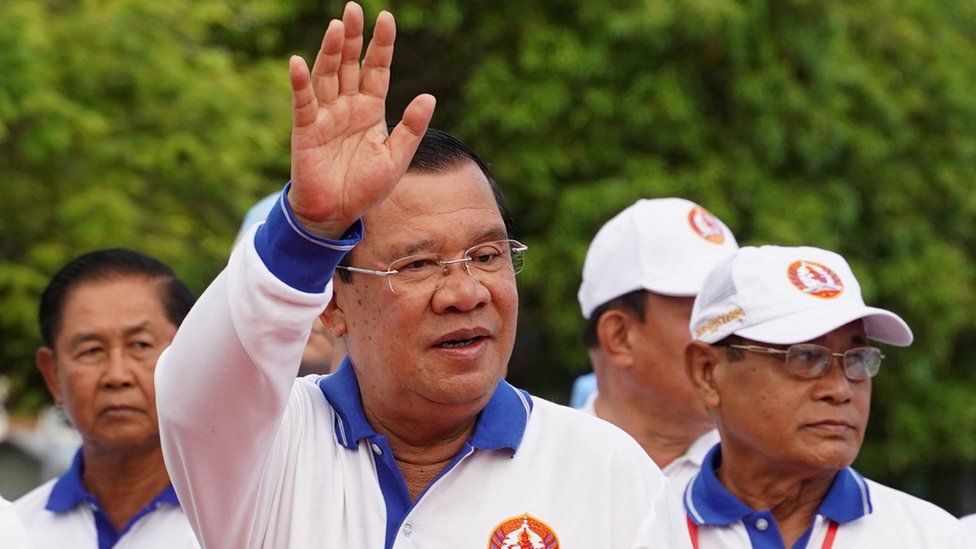 Reuters
ReutersCambodia’s Hun Sen, one of the world’s longest-serving leaders has announced he will resign and hand over power to his son, days after his ruling party consolidated power at an election.
Hun Sen, 70, has ruled Cambodia since 1985 and been criticised for his increasingly authoritarian rule.
He first flagged a power transition to his eldest son Hun Manet in 2020.
But until Wednesday, observers had not been sure when exactly that handover would occur.
“I would like to ask for understanding from the people as I announce that I will not continue as prime minister,” he said in a special broadcast on state television.
He said he would be stepping down as staying in office could cause instability.
His son, Hun Manet, was until recently, the commander of the Royal Cambodian Army, and has been groomed for the position for years.
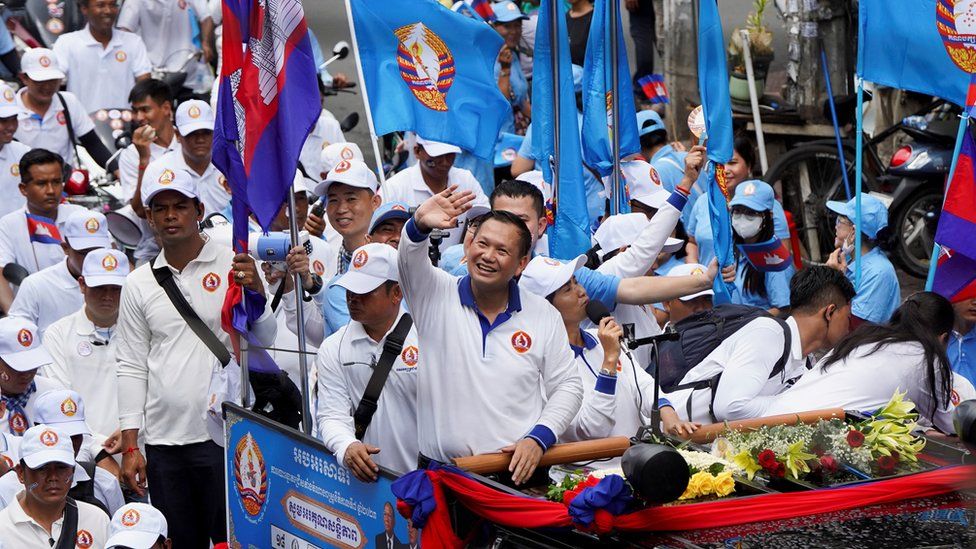
He took a leading role in campaigning for the 23 July election this year- and was often spotted leading rallies next to his father, who has ruled the Southeast Asian nation of 16 million people for 38 years.
Saturday’s election was widely seen as a done deal- because the only credible opposition party was disqualified from the vote.
Related Topics
-
-
2 days ago
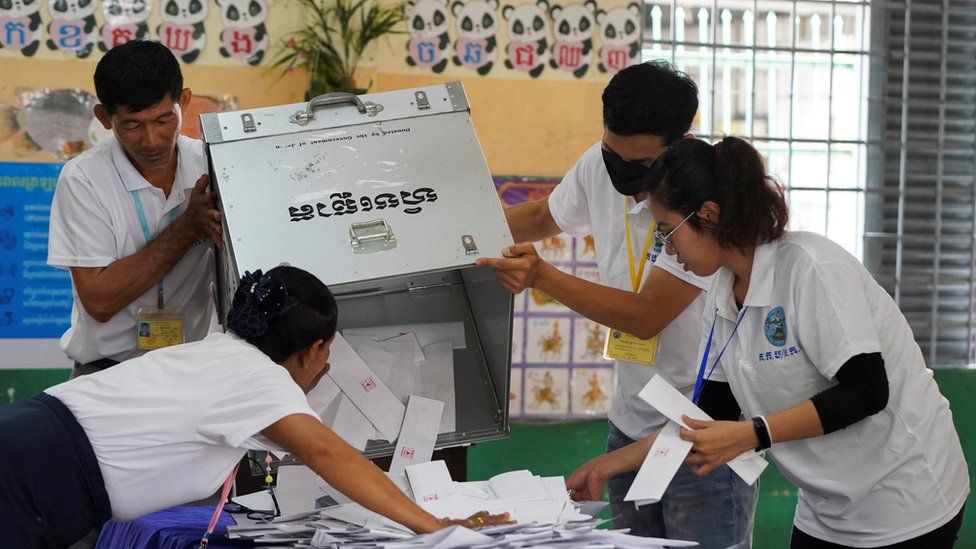
-
Thaksin would be treated as elderly inmate, says prisons boss
PUBLISHED : 26 Jul 2023 at 14:32

Fugitive former prime minister Thaksin Shinawatra would be treated as an elderly prisoner and receive whatever medical treatment he may need if he is imprisoned on his planned return to Thailand on Aug 10, Corrections Department chief Ayut Sinthoppan said on Wednesday.
The department chief gave this assurance after Thaksin’s daughter announced her father would return to Thailand through Bangkok’s Don Mueang airport on August 10. Thaksin has previously said he would enter the justice process.
When the former prime minister arrived at Don Mueang he would be met by immigration police and a record made of his arrest, Mr Ayut said.
Corrections Department officials would do whatever is ordered under a court warrant, he said. They would be at the court where the arrest warrant was issued. If the charges against the former prime minister ocurred in Bangkok, he would be taken to Bangkok Remand Prison if the court ordered his detention.
To date, the department had not received a court warrant for Thaksin.
Paetongtharn “Ung Ing’’ Shinawatra, one of three Pheu Thai candidates for prime minister, announced on Instagram on Wednesday that her father would arrive at Don Mueang airport on Aug 10.
Mr Ayut said Thaksin would b treated as an elderly inmate. If he had underlining illnesses he would receive medical treatment on the advice of a prison doctor. Thaksin would be quarantined at the prison hospital for Covid-19 testing for 10 days before being moved to a prison patient ward, as was the case with former Department of Special Investigation chief Tarit Pengdit, Mr Ayut said.
There was no timeframe for medical treatment. Doctors based at the prison would assess his condition, he said.
He denied reports that caretaker Deputy Prime Minister Wissanu Kreu-ngam, as acting justice minister, had coordinated with the department regarding Thaksin’s return. He said Mr Wissanu had not been in contact with him.
Thaksin’s government was overthrown by a military coup on Sept 19, 2006, while he was overseas. He has since lived in self-exile, based in Dubai, except for a brief visit to Thailand in 2008.
During his absence, the Supreme Court’s Criminal Division for Holders of Political Positions sentenced him to a total of 12 years imprisonment in four cases.
In the first case, the court found him guilty of abuse of power in his then-wife Khunying Potjaman’s purchase of state-owned land in Ratchadapisek area for less than the market value. In October 2008, he was sentenced to two years in prison. The 10-year statute of limitations on the court ruling expired in October 2018.
In the second case, Thaksin was sentenced to two years in prison after he was found guilty of malfeasance in a case concerning the two- and three-digit lottery.
In the third case, Thaksin was handed down three years in prison for abusing his position by authorising loans totaling 4 billion baht to Myanmar by the Export-Import Bank of Thailand. The loans were used to buy equipment from a telecoms firm owned by his family.
The fourth case resulted in a five-year prison sentence. The court found him guilty of using nominees to hold shares in a telecommunications company, Shin Corp, which is prohibited for any political office holder.
The statute of limitations has not expired in the second, third and fourth cases.
Singapore recognised as top 10 most accessible cities globally but challenges remain for heritage sites
She is starting with making her department’s Architectural Conservation Laboratory (ArClab), located in a conserved building on Neil Road, more accessible. The venue provides students a space to develop cutting edge cross-disciplinary research and collaboration across the fields of digital conservation technology, material sciences, and building aesthetics. Her idea cameContinue Reading
Chinaâs Gen Z graduates pushed into cleaning jobs as itâs âbetter than staying homeâ
Deng will earn 2,500 yuan plus commission after completing his probationary period, which includes the 30-day training course. According to China’s statistics department in January, the national average annual income was 36,883 yuan (US$5,098). “Our company is made up of young people and has a happy working atmosphere. I seeContinue Reading
North Korea: China, Russia in first post-pandemic visits
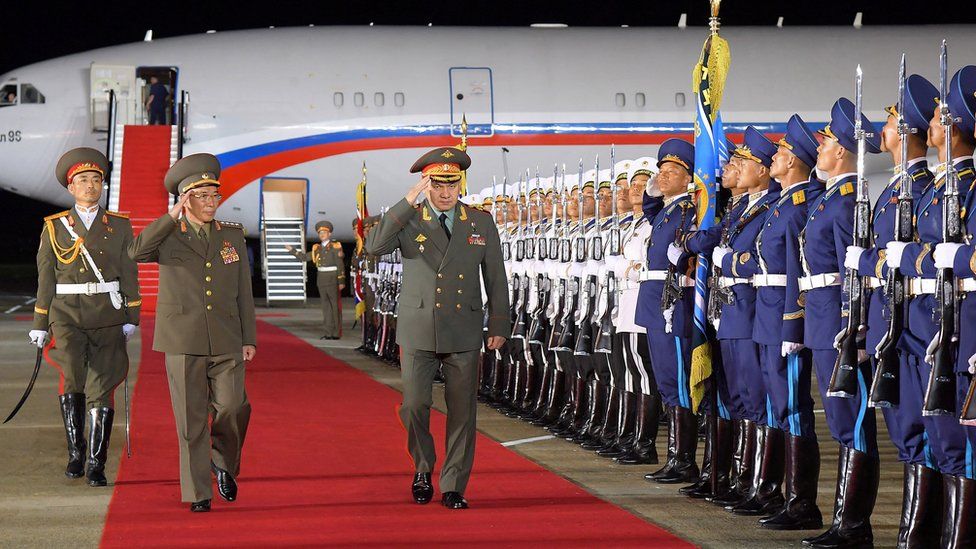 Reuters
ReutersA Russian delegation led by Defence Minister Sergei Shoigu has arrived in North Korea, to be joined by a Chinese delegation later on Wednesday.
They will attend Pyongyang’s celebrations of the 70th anniversary of the end of the Korean War, marked typically by massive military parades.
The visits are the first to North Korea since the country shut its borders in a bid to keep out the pandemic.
It is unclear if this signals a change in Pyongyang’s border policies.
Reclusive North Korea had sealed itself off from all trade and diplomatic ties in early 2020, even with Russia and China, which are its main economic and political partners.
They even cut off imports of essential goods like food and medicine.
North Korea has been facing food shortages, which have been made worse by its border closure and strict international sanctions that have been imposed because of its nuclear programme.
Some analysts say the inclusion of Chinese and Russian envoys in this year’s “Victory Day” parade – as the 1953 Korean armistice is called locally – hints at a possible loosening of Covid restrictions.
It comes weeks after images of North Koreans walking around without masks were shown on state media.
The Russian delegation led by Mr Shoigu arrived in North Korea late on Tuesday, and received a warm welcome on the tarmac at an airport in Pyongyang.
He walked past a line of saluting soldiers and a red banner emblazoned with the words, “Welcome, Comrade Defence Minister of the Russian Federation Sergei Shoigu!” in both Korean and Russian.
The Chinese delegation will be led by Li Hongzhong, who is part of the Chinese Communist Party’s central policymaking committee, and will arrive sometime on Wednesday, according to a party spokesperson.
China and Russia are both long time allies of North Korea.
Beijing had sent troops in the autumn of 1950 to support North Korea in the war against South Korea. The then Soviet Union also supported North Korea in the war.
Since the collapse of the USSR in 1991, Russia has remained a natural ally for North Korea because of their mutual dislike for the US. Washington has, in fact, accused North Korea of providing military aid to Russia in the war in Ukraine, a claim that both Pyongyang and Moscow deny.
Mr Shoigu’s visit also comes against the backdrop of rising geopolitical tensions between the US and Russia over the Ukraine war. Ties between Beijing and Washington are also frayed because of Taiwan.
The US has been trying to talk to Pyongyang after US soldier Travis King fled to North Korea last week.
Private King, who was meant to go back to the US to face disciplinary action, ran into North Korea while on a tour at the Joint Security Area (JSA), an area in the Demilitarised Zone (DMZ) that divides North and South Korea.
The United Nations Command, which the United States is part of, said on Monday that dialogue had taken place with North Korea over Pvt King, but did provide any details.
Related Topics
North Korea gives Russian defence ministry delegation ‘warm welcome’
SEOUL: North Korea rolled out the red carpet for the Russian defence minister, state media said on Wednesday (Jul 26), with delegations from Moscow and Beijing set to attend Korean War anniversary events, the country’s first known foreign visitors since its pandemic border closure. Pyongyang on Thursday will celebrate theContinue Reading

